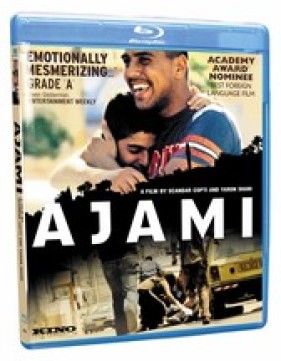
Ajami
Nominated for a Best Foreign Language Film Oscar®, and winner of many international film prize...
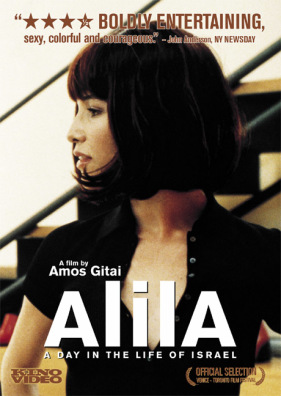
Alila
In Alila, director Amos Gitai (Kedma, Kadosh), "Israel's one-man new wave," (The Village Voice) has ...
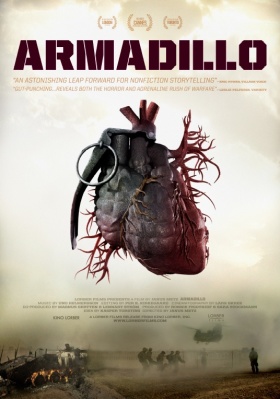
Armadillo
ARMADILLO is a raw and unforgettable journey into the war in Afghanistan. Mads and Daniel are Danish...
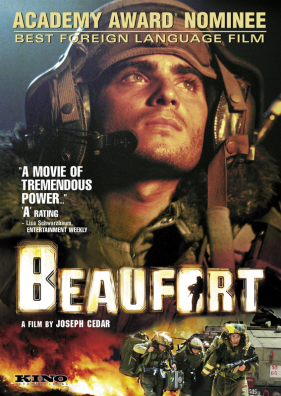
Beaufort
Academy Award® NOMINEE BEST FOREIGN LANGUAGE FILM After 18 years dug into a heavily fortified ...
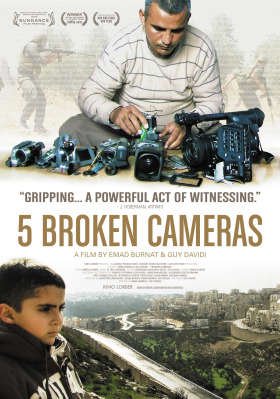
5 Broken Cameras
ACADEMY AWARD NOMINEE - BEST DOCUMENTARY FEATURE An extraordinary work of both cinematic and politi...
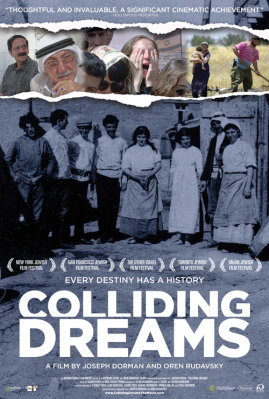
Colliding Dreams
COLLIDING DREAMS recounts the dramatic history of one of the most controversial, and urgently releva...
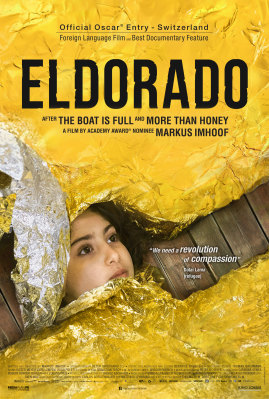
Eldorado
Eldorado draws inspiration from Academy Award® nominee Markus Imhoof's personal childhood r...
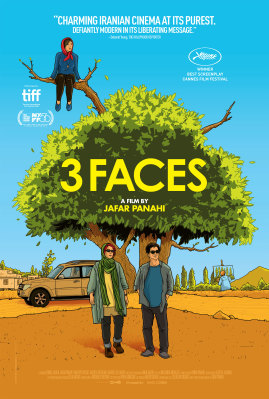
3 Faces
Iranian director Jafar Panahi’s fourth completed feature since he was officially banned from f...
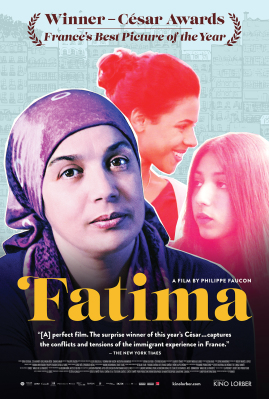
Fatima
Fatima lives with her two teenage daughters and works cleaning jobs to pay their way through school....
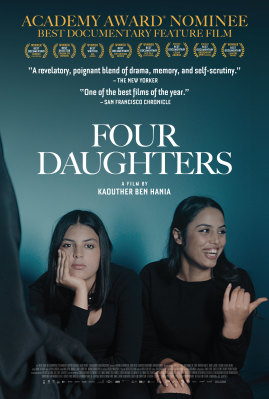
Four Daughters
2024 Academy Award® Nominee – Best Documentary Feature Film One of the year's most acclai...
